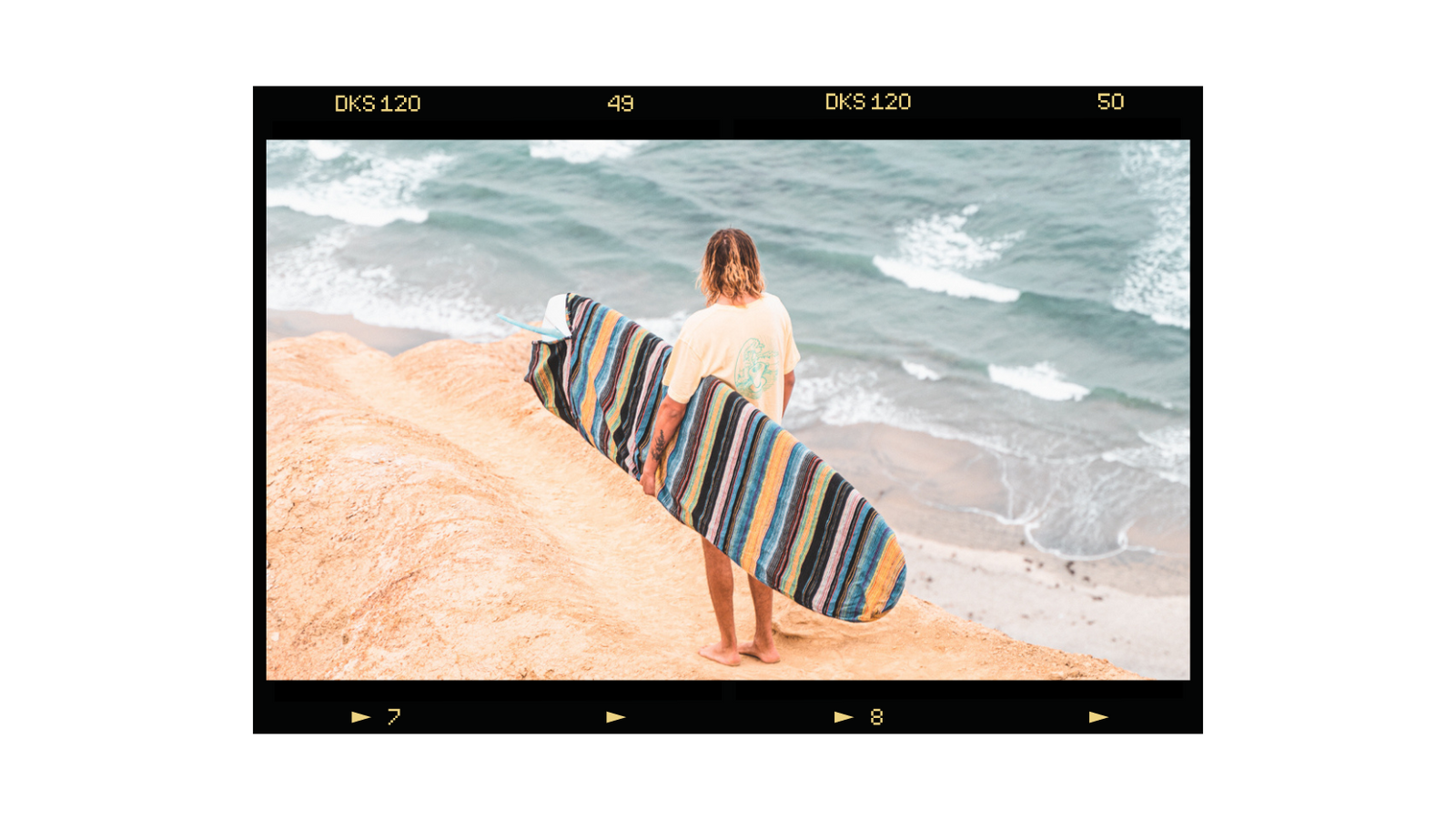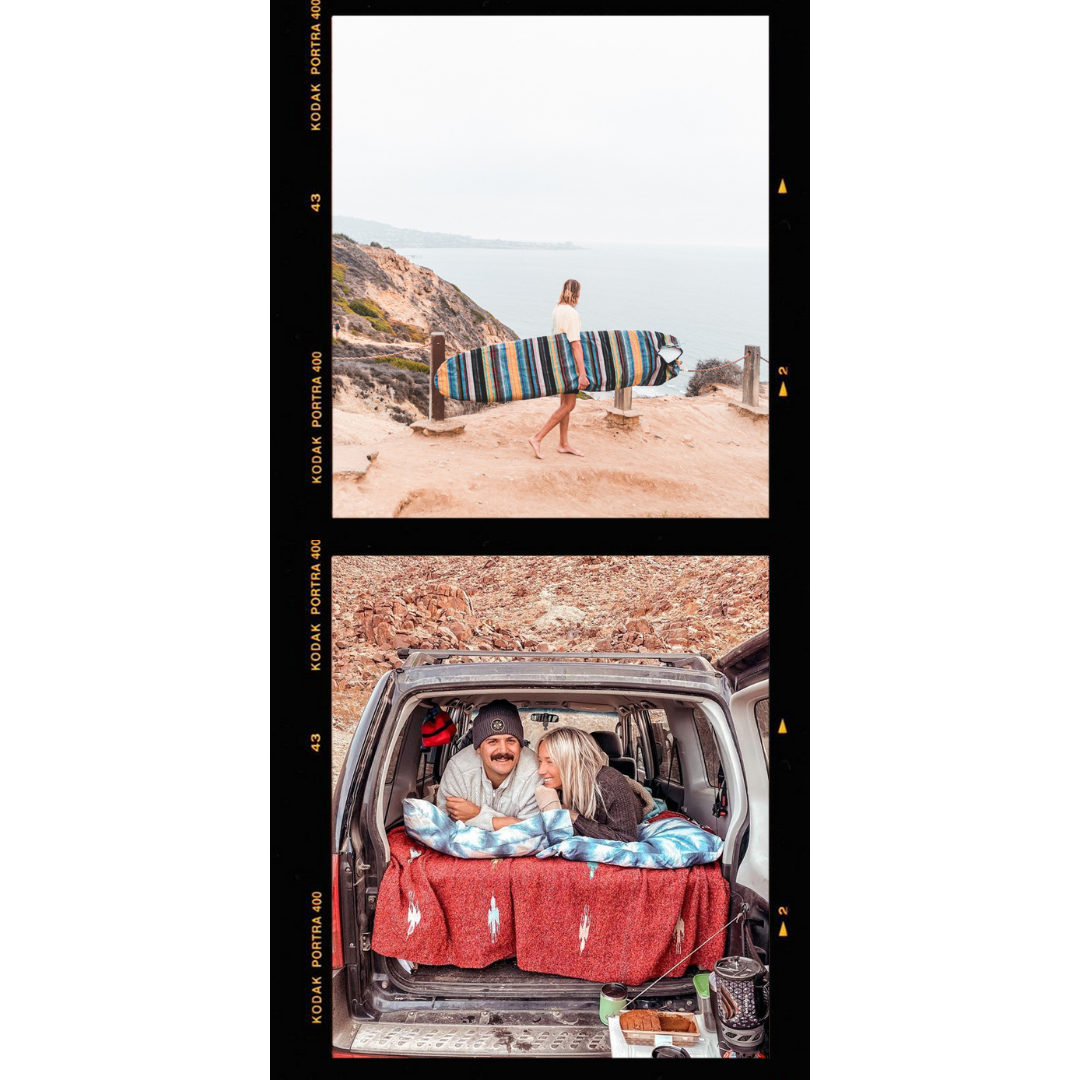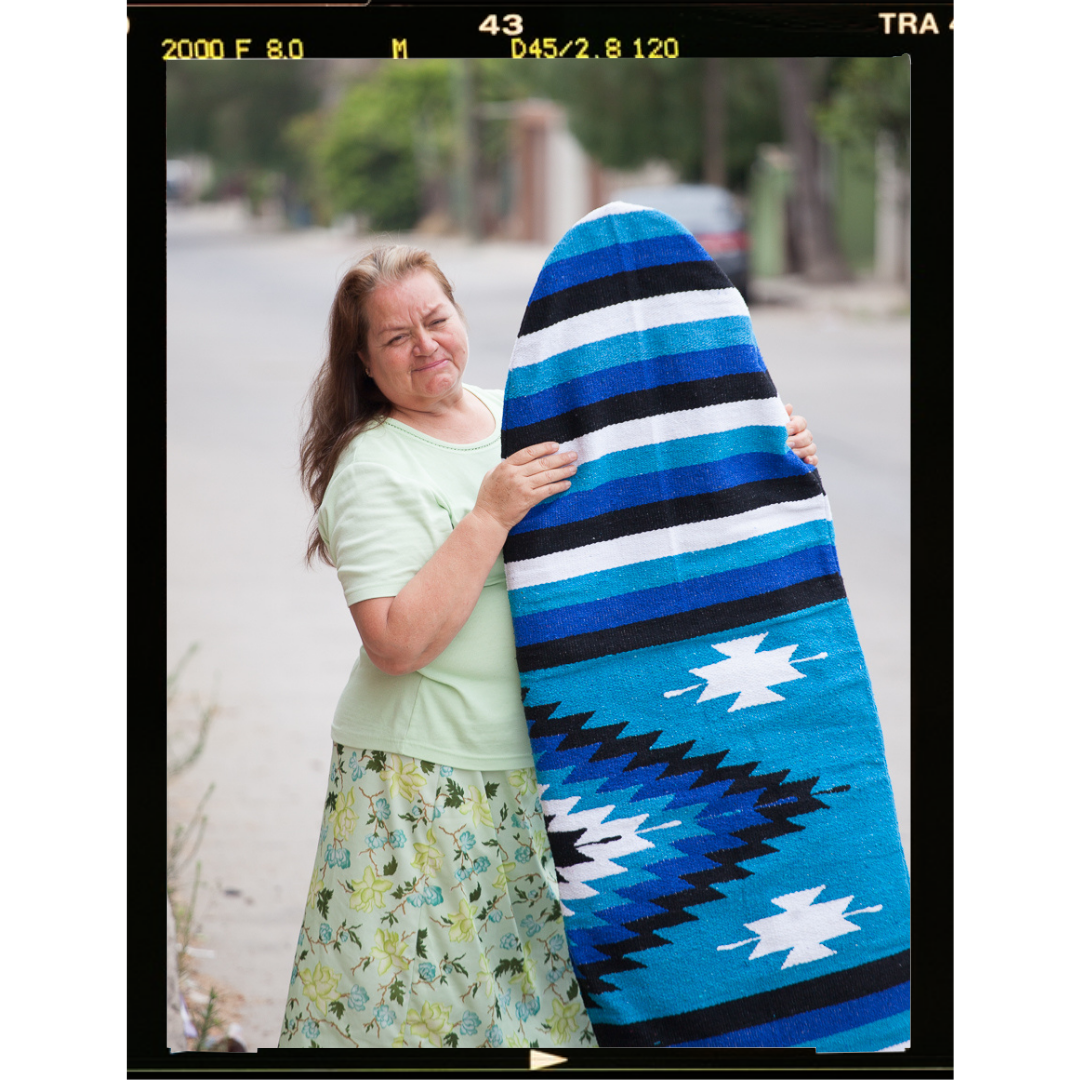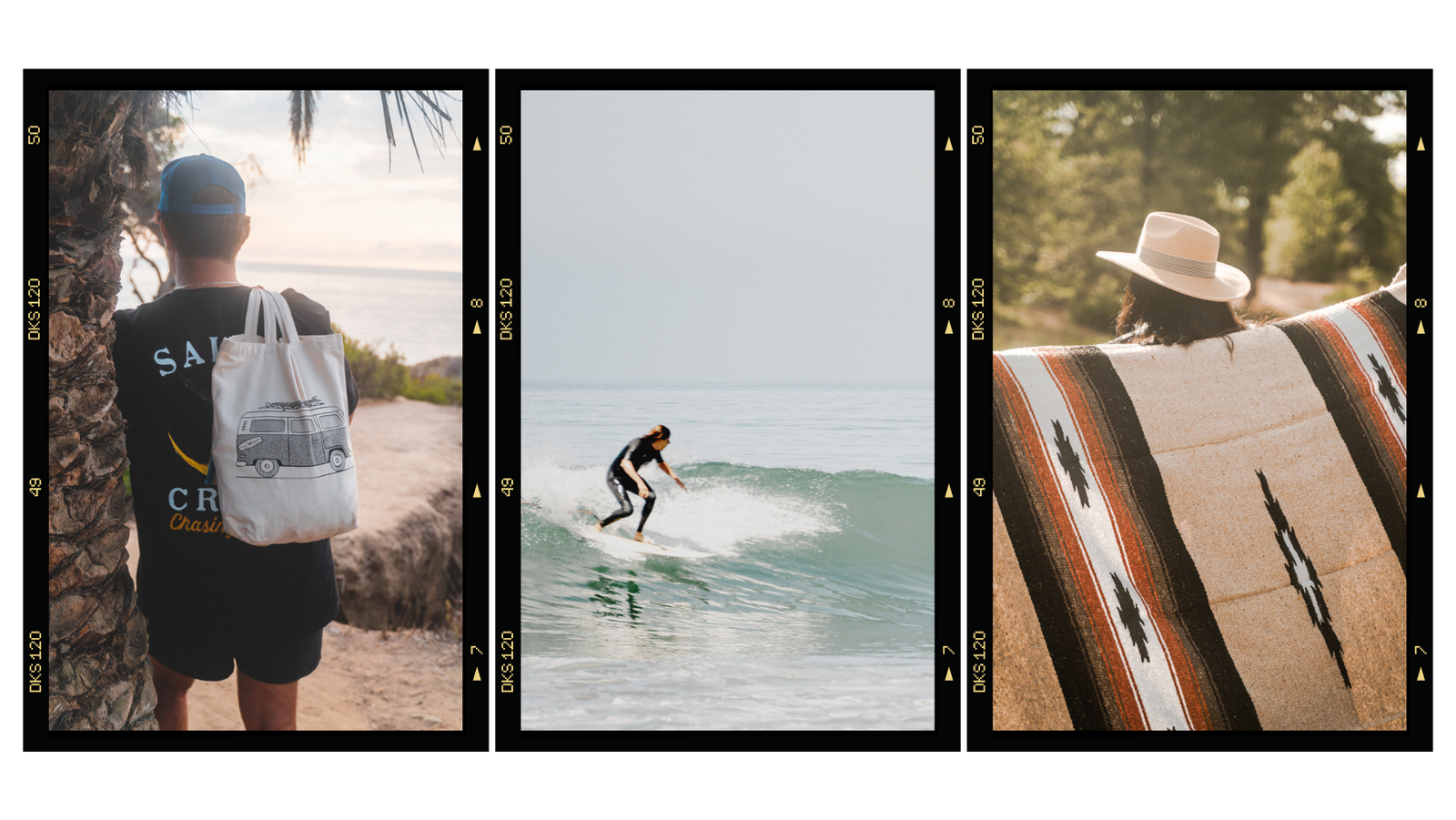
Who We Are
We are surfers, yogis, artists, hikers, and all-around fun-havers. We’re the ones hollering at your good wave, and we’re the friend high-fiving you at the top of the mountain. We’re the nature lovers, wander lusters, and the barefoot hippies in your life. We are West Path, your friends, and your teammates.
In short, we are part of the same communities you are. And being a part of these communities makes us feel like we have the obligation to protect and give back to these things we love.
Our Mission
At West Path, our mission is to provide the best customer experience possible, to do business in a sustainable, ethical way, and to make the most awesome products ever.
This also means that if you think we're off point in anything we do, we want to hear from you. Seriously, email us and let us know.
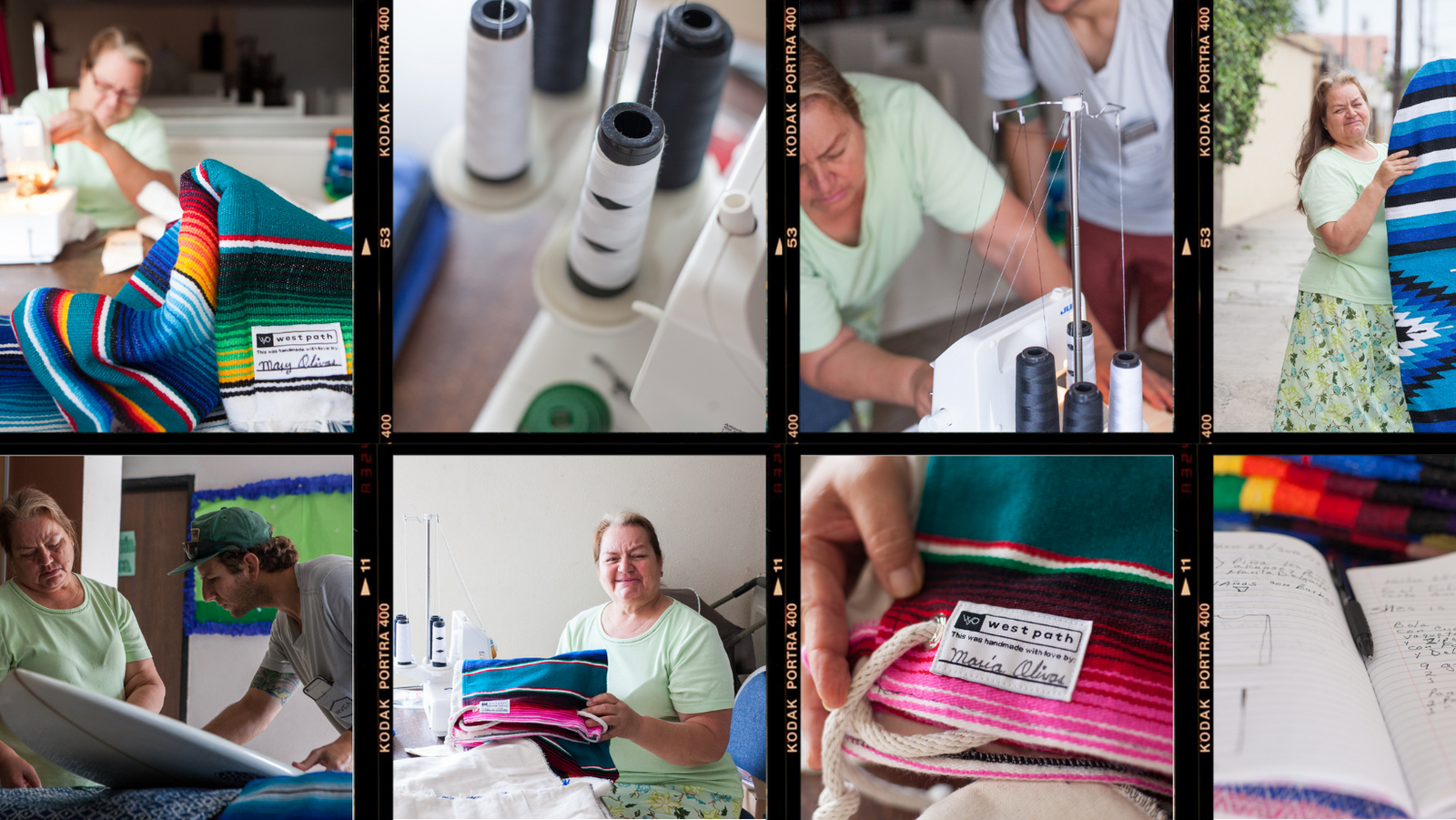
How we started
A little bit of chance, a touch of grit, and a whole lot of stoke.
We started West Path with the simple idea that there is a better idea to do business. One where the primary focus wasn’t on profitability, but on the impacts the business had on the environment and the communities it was involved with.
We aimed to create something that not only fulfilled us with a sense of purpose, but also positively affected the environment and the people who helped create our goods. When we started, my wife and I were what we called “cube farmers” – people who spend a dutiful 8 hours a day in a cubicle staring at a computer monitor, so that one day we could become a manager and do the same thing for 10 hours a day.
Sure, our work paid the bills, but we just weren’t happy. Hence, the decision to start something with a purpose.
The good news is that since both my wife and I already had fulltime jobs, we were fortunate enough to not have to focus on the profitability portion too much; we truly made sustainability our founding bedrock principle.
Don’t get me wrong, the business still had to make enough to support itself and pay its own bills, but the main goal would always be creating an ethical business model and having a net positive impact on the world. If that didn’t work out, oh well, we had our jobs to fall back on --- the whole point was to feel good about what we were doing, so if we couldn’t live up to our principles, why do it at all?
So we started by making and selling handmade goods, since we knew these items would directly impact the small independent artisans who made them, and the profits wouldn’t’ be going to some big conglomerate or giant business. Our first minor success was with buying handwoven Mexican blankets and then sewing them into surfboard bags in our garage and loft. We had some good early feedback from a few customers and we quickly had demand for our bags outpace our ability to sew them after work.
Then, after a fateful surf trip down to Rosarito, Mexico, we decided to take a leap of faith and try and find artisans to sew the bags for us, and to create our own mini-supply chain. We ended up partnering with a church – we provided the materials, equipment, and know-how and would pay a generous wage for each bag, and they taught their congregants how to sew and let anyone who couldn’t find work try to make some extra money by creating our board bags. This had a huge impact on the church community, and it also grew our business tremendously-- it was beginning to be hard to view this as just a side hustle anymore.
We started scaling up this church partnership, and started sourcing products that were certified organic and certified fair trade (where a portion of our purchase price of the goods goes directly back to the workers who make the goods). We found factories to handmake new board bag styles in other countries, and started working with certified Nonprofits to give back at least 10% of our profits to charity each year.
While we’ve grown quite a bit from our early days, the focus hasn’t changed. Our founding principles are like canon now, and we grade our employee’s yearly reviews on how well they live up to these ideals. While the church is now a much smaller part of our business, we still work with them as much as they like, and each year we go down to give Christmas presents to all the kids of the congregation. Coming from a family that couldn’t’ afford Christmas presents some years, I understood all too well the joy the kids had when they got presents they weren’t expecting. Their smiles and happiness alone makes this whole endeavor worth it.
So that’s our story – from corporate finance cube farmer, to Oceanside garage seamster, to social entrepreneur. Throughout the whole lifecycle, the focus on sustainability was what kept driving us forward. It got us through the late nights, kept us energized when we were frustrated, and made us focus on creating something with a purpose.
If it wasn’t for our focus on sustainability from the beginning, it never would have worked.
Thanks for reading, and thanks for supporting something with a purpose.
- Dustin
CEO and Co-founder of West Path
How we give back
For us, giving back comes in two forms: how we source our products, and who we support with our sales.
West Path is committed to sourcing products in the most ethical way possible. This starts with the materials we use, and goes all the way through how the goods are packaged and delivered.
We utilize environmentally friendly materials whenever possible, whether it's for our own products, or when buying from other brands. These include things like 100% Certified Organic Cotton, yoga pants made out of recycled water bottles, flip flops made from used tires, or even all natural soy based products made right here in the USA.
We also focus on ethical manufacturing. This comes in many forms, such as sourcing local & handmade, using independent third party inspections to ensure safe and fair working conditions at factories, or by sourcing Fair Trade Certified products (where a portion of our purchase goes directly to supporting the workers who craft our products). All this ensures there’s less waste in the supply chain, happier workers around the globe, and less pollution being heaped onto our Mother Earth.
The second way we support giving back to our communities is by donating at least 10% of our net profits to charity. We work hard to form fun and unique partnerships with certified Non-Profit Organizations. One example is our partnership with SEEturtles.Org supporting our Surf Poncho - for every surf poncho we sell, we donate enough for SEEturtles to save 10 baby sea turtles! Another example is our partnership with SurfAid, where we have run various limited time promotions where proceeds go towards their inspiring, life saving missions in remote pacific islands.
We also try to carry many other brands that have similar socially conscious, and sustainability missions as us. These are some great brands such as Denik, where each notebook sold helps build a school in developing countries; Faces4Autism surf wax, where half the sales revenues go directly to autism education and therapy; or Parks Project, which donates both money and their valuable time, to keep our national parks open and clean.
By sourcing our products ethically, and giving back what we can, we aim to create a company that has a positive impact in the communities it's engaged with. Because, like you, we are a part of those communities too.
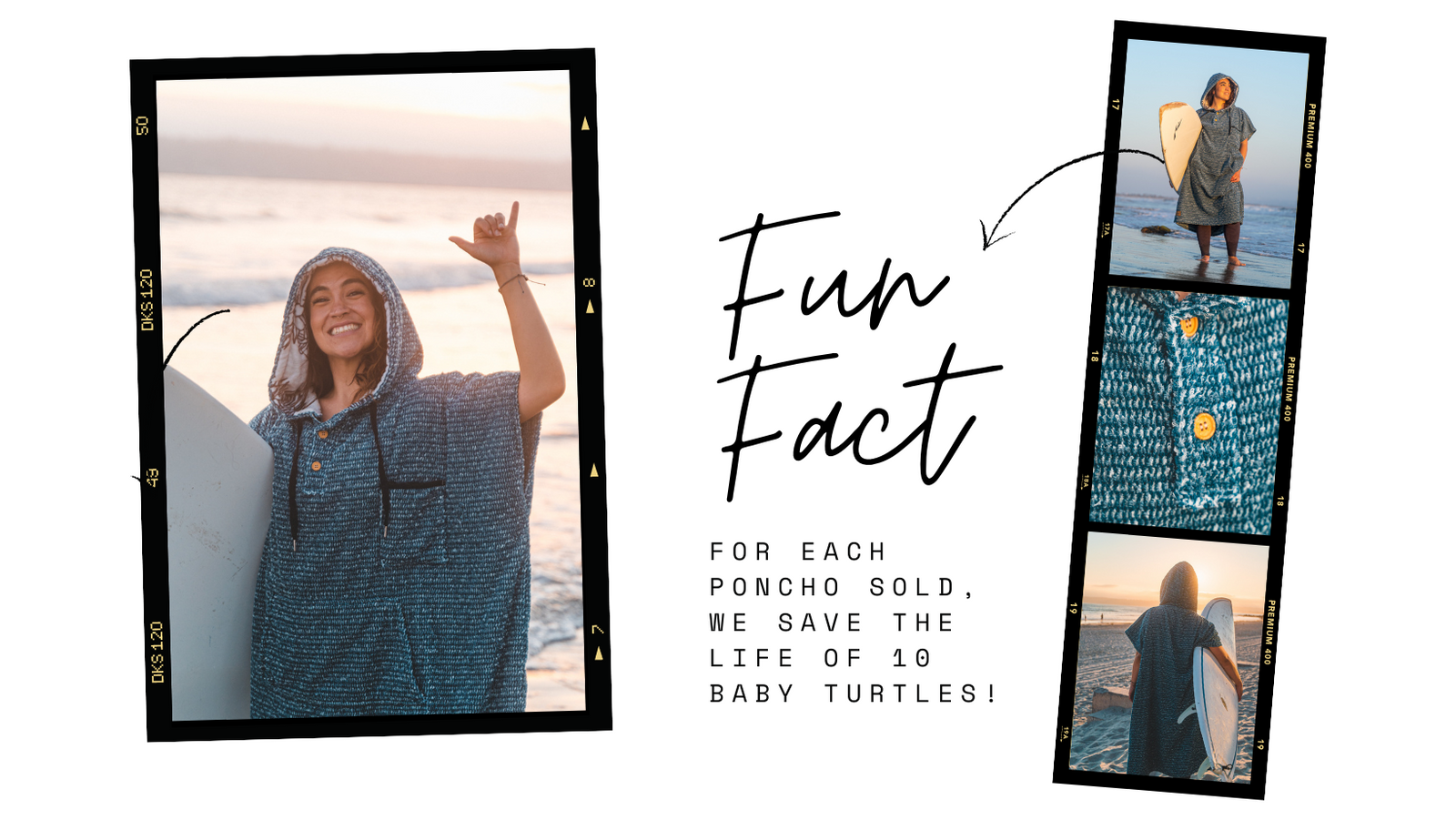
What does the name “West Path” mean?
West
/west/
Refers to the styles and values we try to embody out here in California.
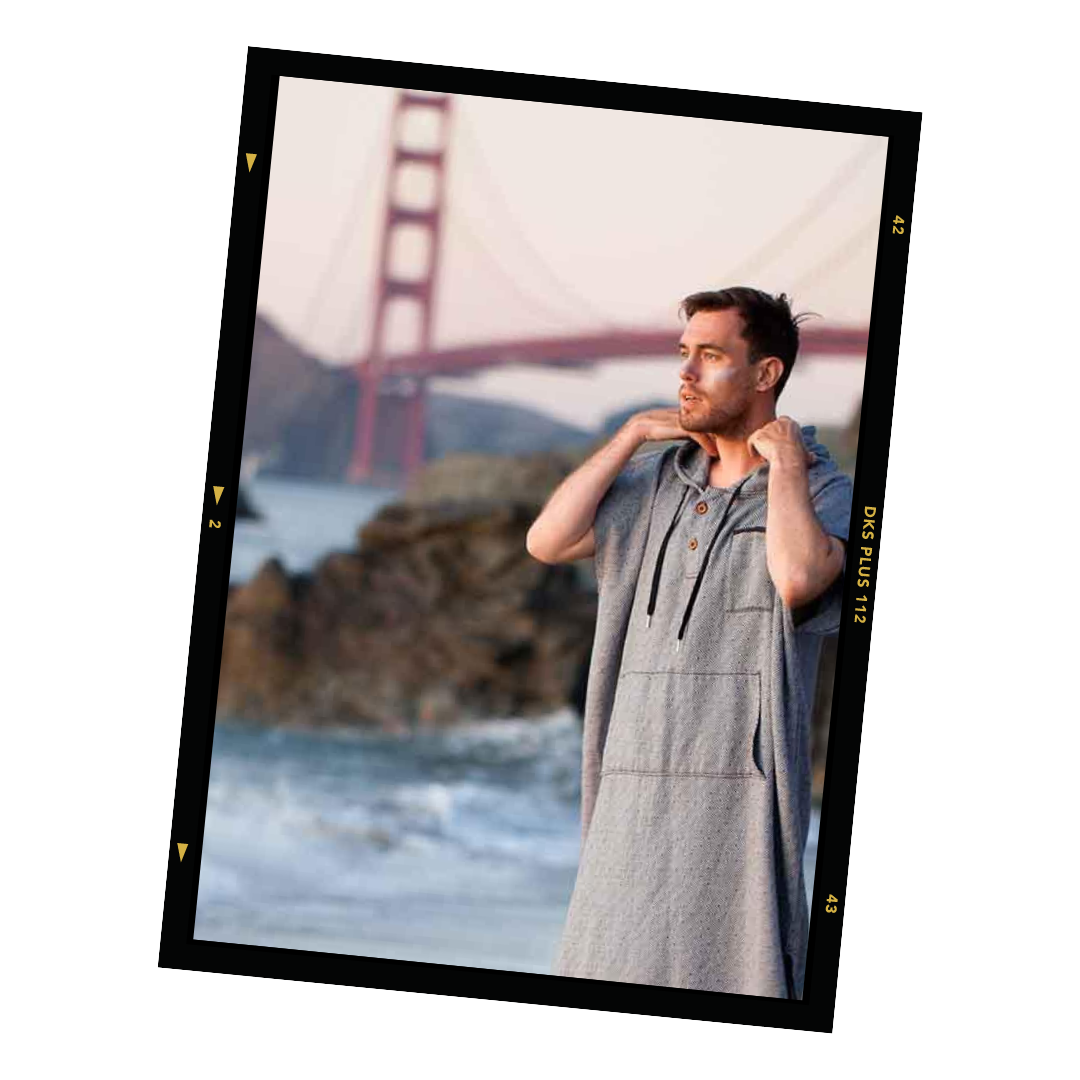

Path
/paTH/
Refers to the journey to find these values and styles, while appreciating nature and doing things differently, in a way that feels right to you.
It comes from a misquote by Ralph Waldo Emmerson: “Don’t follow the beaten trail, blaze your own Path!”
